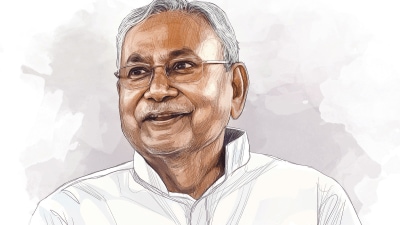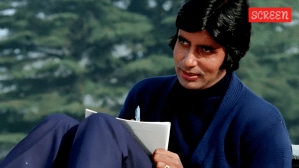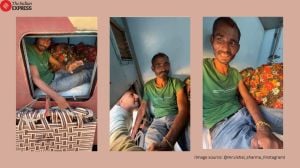Doctoring a hospital
Rescuing AIIMS: the cabinet appointments committee must not confirm Venugopal’s sacking

A month ago the Centre unveiled a grand plan to fast-track the setting up of six new All India Institutes of Medical Sciences (AIIMS). It was, in retrospect, a wise action for brand preservation. Campuses elsewhere are clearly necessary to keep the AIIMS label shiningly competitive because in New Delhi the Union health minister is chipping away furiously at its decades-old reputation. Ambumani Ramadoss surpassed his own standards of recklessness on Wednesday by subverting procedures at the institute and carrying through the ouster of its director, P. Venugopal. The development comes rapidly upon a concerted effort to colonise AIIMS with minister’s preferred officials and to acquire it as a site to make crude political points on the issue of reservations in higher education. By moving so fast, however, Ramadoss has drawn the government into the crisis. So far the Union cabinet has given him a free hand in pursuing a personal agenda. Wednesday’s action withdraws from the Centre the luxury of reticence.
It is, in fact, a good opportunity for reversing the erosion at AIIMS. Procedure demands that Venugopal’s expulsion be confirmed by the appointments committee of the cabinet. If the committee does so confirm it, it would make a shocking statement about its respect for institutional autonomy. Admittedly, recent signals from the government point to increased overreach. As this newspaper reported on June 29, there is a proposal to privilege the government in the appointment of chief executives in Central autonomous institutions “wholly or substantially funded by the Central government”. Yet, amidst these proposals and backroom manoeuvrings, the issue of the ouster of the AIIMS director will demand of the government a clear and transparent opinion.
In any case, the courts too have been drawn into the functioning of AIIMS. Ramadoss and Venugopal’s differences are on two points: on the institute’s autonomy to make appointments and on punishment for doctors who struck work on the issue of OBC quotas in higher education. On Wednesday, the Supreme Court expressed surprise that the central government appeared to have reneged on an earlier assurance to striking doctors that they would not be penalised if they returned to work. Taken together, the health ministry’s strident interventions have complicated matters at AIIMS. It will take urgent counsel from the prime minister to rescue it to any semblance of normal functioning.



- 01
- 02
- 03
- 04
- 05



























